The Importance of Vaccinations: Protecting Your Pet from Disease
As a responsible pet owner, you understand that your fur baby deserves the best of everything. This is where vaccination comes in. Just like your own body, your pet is going to require protection against debilitating diseases that can easily prove life-threatening. Immunizing your pet may help protect his health and give him a long, happy life.
Why Vaccinations are Important for Your Pet's Health?
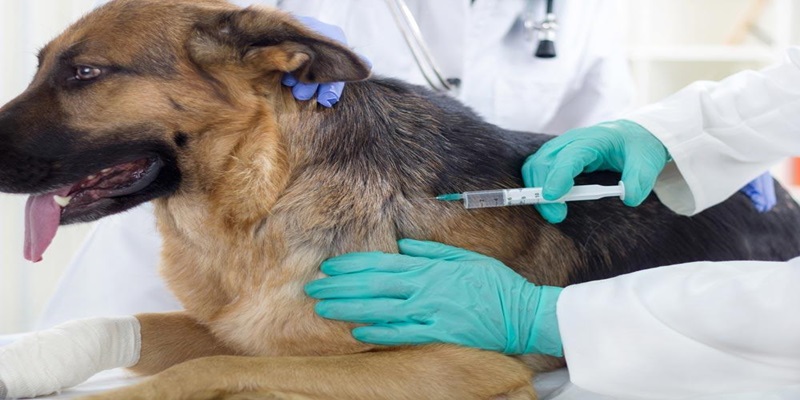
Vaccination is vital to your pet's health security by extending resistance against many debilitating and life-threatening diseases. Vaccinations work by inducing the animal's immune system, enabling your pet to form antibodies that then fight the specific infections, diminishing the chances of falling ill and causing complications.
Disease Prevention and Control
Vaccination plays a critical role in providing reasonable assurance of safety against infectious diseases for pets and sometimes for humans. Vaccinations not only protect the individual animal but also add to "herd immunity," increasing the bar for the spread of diseases in pet populations. This is more so for places where pets meet frequently, like dog parks, kennels, or grooming salons.
Cost-Effective Health Management
Although vaccinations can be very expensive, they are investments in your dog's future health. Vaccination to prevent diseases is always cheaper than seeking treatments for serious illnesses that could have been prevented. Regular vaccinations will save the owner from high veterinary bills and the emotional distress of a sick pet.
Protection that fits your pet's lifestyle
Vaccination schedules are pegged by your pet's age, health, and even lifestyle. Core vaccines protect your pet against prevalent and serious diseases, while non-core vaccines protect your pet by using different risk factors. Your pet, therefore, will have the best and perfect amount of protection without over-immunization.
All about Different Types of Vaccinations for Pets
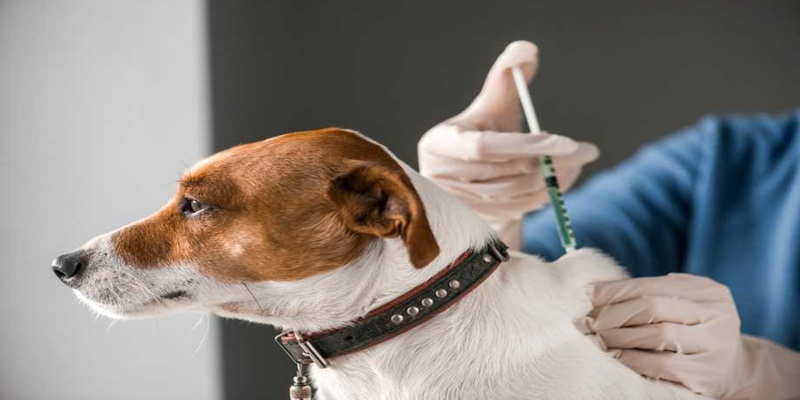
Vaccination of pets is paramount because it protects your dear friends against various diseases. Knowing the different types will help in making health-related decisions.
Core Vaccinations
The core vaccinations are those considered essential for all pets. The core vaccinations for dogs include rabies, distemper, parvovirus, and canine hepatitis. The core vaccinations for cats include rabies, feline distemper, calicivirus, and herpesvirus.
These vaccinations save your pet from very contagious or life-threatening diseases. The veterinarian will recommend the proper time for the shots, which may start when the pet is young and continue later in life.
Non-Core Vaccinations
Non-core vaccinations depend on your pet's lifestyle and risk factors. In dogs, examples may include vaccinations against kennel cough or Bordetella-bruised, Lyme disease, and canine influenza. Vaccination in cats may be for chlamydophila or feline leukemia.
Your veterinarian will base these needs on your lifestyle, environment, travel, and other animal exposure. For example, if your dog is boarded regularly, they will most likely recommend receiving the Bordetella vaccine.
Vaccinations Your Dog or Cat Needs and When
Core Vaccines for Dogs
Your dog requires numerous vaccinations to keep it healthy. The vaccinations considered core for dogs include rabies, distemper, parvovirus, and canine hepatitis. Puppies should be 6-8 weeks of age to begin their vaccinations and get boosters every 3-4 weeks until they reach approximately 16 weeks. Boosters for adult dogs, as a rule, would be after 1-3 years, depending on the type of vaccination and your pet's risk factor.
Important Vaccination of Cats
Feline friends, too, require protection against now-prevalent diseases. Core vaccinations for cats include rabies, feline distemper or panleukopenia, feline herpesvirus, and calicivirus. The vaccination series for kittens usually begins at 6-8 weeks of age, with boosters given every 3-4 weeks until the kitten reaches 16 weeks. Adult cats generally require boosters every 1 to 3 years, depending on the vaccine type and the risk assessment.
Possible side effects and complications with animal vaccination
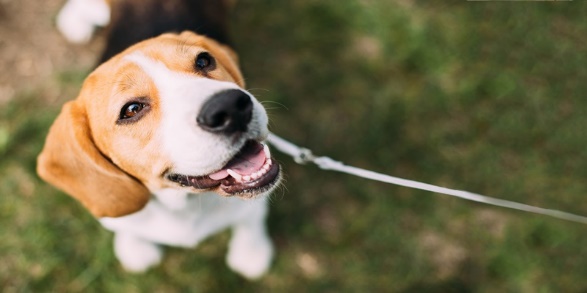
While vaccination is essential to ensure your pet is better protected against diseases, some awareness of possible side effects and risks is handy. Most pets show very few or no adverse reactions, but recognizing such possibilities helps make appropriate decisions and understand how and when one needs to consult a veterinarian.
Common Side Effects
Mild vaccine reactions are common but transient, lasting only a day or two. They may include:
• Pain at the injection site
• Slight fever
• Decreased appetite
• Lethargy or low activity
These symptoms generally mean your pet's body responds to the vaccine as it should.
Rare but Serious Reactions
Cats can develop more serious reactions that call for immediate veterinary attention. These may include the following:
• Difficulty breathing
• Severe vomiting or diarrhea
• Seizures or syncope
• Swelling of the face, eyes, or paws
While these are less common reactions, it is essential that you closely monitor your pet after vaccination and immediately call your veterinarian if you find any worrisome signs.
Weighing benefits and risks
For most pets, vaccination is much more beneficial than hazardous. However, your veterinarian will consider age, health, and lifestyle when recommending particular vaccines. Your veterinarian will identify the best schedule for your pet based on their specific needs and risks while minimizing the chance of adverse reactions to vaccination.
Keeping Your Pet's Vaccination Schedule on Track
Schedule Your Animal Vaccination properly, which is essential to keep your pet healthy and fit. Keeping your shots updated for fur babies allows them protection against potentially lethal diseases.
Building a Vaccination Calendar
Of course, first of all, get your veterinarian's permission to outline a particular vaccination plan for your pet. This should be based on your cat or dog's age, ways of life, and risk factors. Once you get that, highlight in an e-calendar or hard planner how many months from now new shots will be due.
Keeping Records Current
Have one file where the date and type of vaccine given to your pet are noted for all vaccinations. This would be very handy during travel, boarding, and even when switching veterinarians. You keep this digitally through any available pet health apps for easy access.
Safeguarding Your Pet's Health through Vaccination
You care for your pet's health and well-being at every step regarding vaccinations. An appropriate vaccination routine, changed at opportune times and tailored to suit every individual need by the professional, is what will keep pets safe from potentially deadly diseases. Consult with your veterinarian about establishing a vaccination plan tailored to your pet's lifestyle, age, and physical health. Learn which vaccines veterinarians recommend and keep a correct, up-to-date record of your pet's vaccinations.
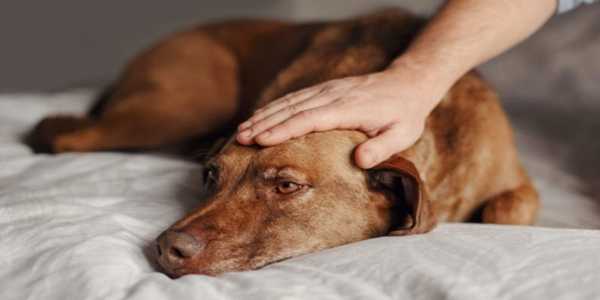
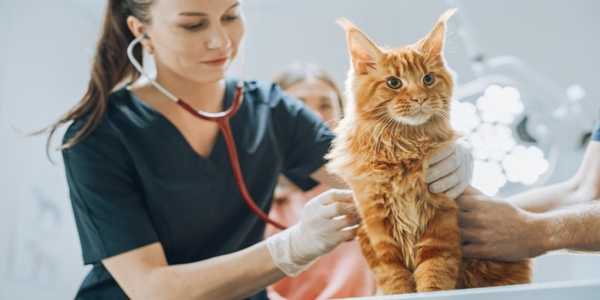
Pet Health Trends in 2025: What Every Pet Parent Needs to Know?

Pet-Friendly Homes: 5 Interior Design Ideas for Animal Lovers
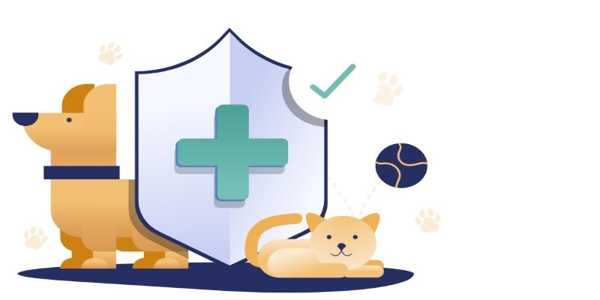
Is Pet Insurance Worth It? A Guide To Protecting Your Pet’s Health And Your Wallet
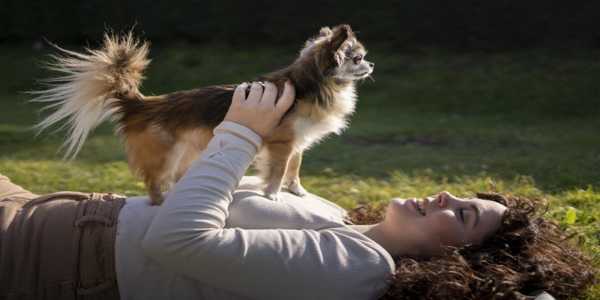
The Health Benefits Of Owning A Pet: How Pets Improve Mental Well-Being
